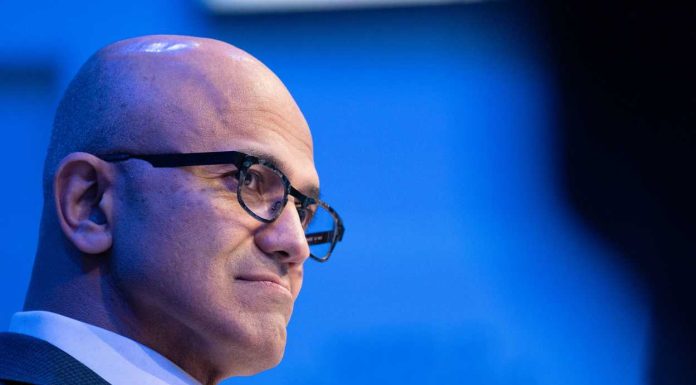In a key moment of the ongoing antitrust trial against Google, Microsoft CEO Satya Nadella offered testimony in federal court, underscoring the challenges rivals face in a market heavily dominated by Google.
Microsoft's stance is clear: Google's commanding position in the online search space affects how advertisers and publishers function, often tailoring their offerings to fit Google's requirements. This adjustment has made it exceedingly challenging for competitors like Microsoft's Bing to make significant inroads.
In his testimony at the Washington, D.C., District Court, Nadella stressed, “Everybody talks about the open web, but there is really the Google web.” He highlighted the overwhelming sway Google holds, influencing publishers to optimize their content to adhere to Google's search ranking algorithms.
The trial is spearheaded by the Department of Justice alongside a coalition of state attorneys general. Their main assertion is that Google has unlawfully maintained its monopoly in the general search market. They allege that Google has secured exclusive deals with browser and phone manufacturers, ensuring its position as the default search choice on several devices. A prominent example of such a deal is the multibillion-dollar agreement with Apple to set Google search as the iPhone's default.
Nadella's statements seem to bolster the government's claim of a “flywheel effect”. With Google's dominance and exclusive deals, they draw in more users, acquire more data to refine their search, and subsequently attract more advertisers. This cycle of improvement and growth fuels Google's capacity to fund even more extensive distribution deals, further entrenching their market position.
While Google chose not to comment on Nadella's testimony, interesting insights arose about Microsoft's endeavours to gain a competitive edge. Nadella revealed Microsoft's willingness to bear billions in short-term losses to incentivise Apple to set Bing as the default on its devices. However, Apple's hesitance is understandable given the significant revenue it draws from Google for maintaining it as the default.
During the cross-examination, Google's counsel pointed to Bing's market share on Microsoft Windows as an argument against Bing's competitiveness. But Nadella countered, emphasising Bing's ability to retain users despite Google's prevailing presence.
Nadella also addressed the idea of the tech industry viewing search engines as a “public utility” and disputed the notion of user ease in altering default settings on mobile devices. He believes that achieving the ‘default' status not only draws new users but also provides invaluable insights into their search behaviours.
Even with its comparatively smaller market share, Microsoft still eyes potential opportunities in the general search market. Nadella expressed hope for a significant “paradigm shift”, drawing parallels with Google's rise after Microsoft faced its own antitrust challenges.
Reflecting on Bing's journey, Nadella disclosed that Microsoft has invested roughly $100 billion in Bing over two decades. He underscored the difficulties in establishing a new rival in the search domain, mentioning the success Bing has witnessed in desktop search, predominantly due to its default status on Microsoft's Edge browser.
Also, discussions delved into the potential of Artificial Intelligence (AI) in reshaping the search market landscape. Despite Microsoft's advancements in integrating AI through its Bing search results, Nadella conveyed concerns about Google potentially restricting access to key datasets essential for AI training.
In response to Microsoft's claims, Google's defense, led by John Schmidtlein, took a contrasting stance, attributing Bing's position to Microsoft's mismanagement rather than Google's monopoly.
The testimonies and cross-examinations bring to the forefront the complexities of the search engine market, emphasiSing the potent tug-of-war between building a superior product and leveraging default positions. As the trial unfolds, these narratives will play a pivotal role in shaping the outcome.











